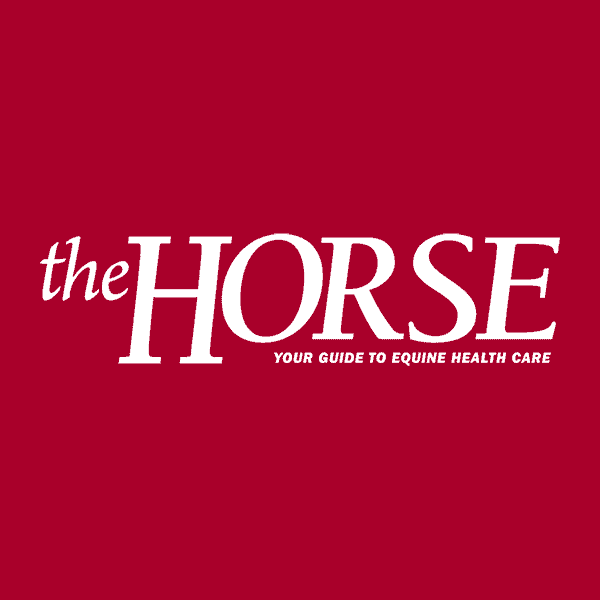Ky. State Vet’s Office Communique
Following is a statement sent to other State Veterinarians on May 16, 2001
SUBJECT: Mare Reproductive Loss Syndrome
Dr. Don Notter, Kentucky State Veterinarian, has asked that I provide to you the latest information regarding what
Following is a statement sent to other State Veterinarians on May 16, 2001
SUBJECT: Mare Reproductive Loss Syndrome
Dr. Don Notter, Kentucky State Veterinarian, has asked that I provide to you the latest information regarding what has now been named “Mare Reproductive Loss Syndrome” (MRLS) occurring in Kentucky’s equine population.
Dr. Lenn Harrison, director of the Livestock Disease Diagnostic Center in Lexington, reports: As of noon on Tuesday, May 15, a total of 26 additional aborted/stillborn equine fetuses/foals (18 late-term and 8 early-term) had been submitted for diagnostic testing/evaluation. The total number of submissions as of this count since April 28, 2001, is 468.
A summary of each day’s submissions can be found on the Internet at https://www.uky.edu/Agriculture/VetScience/mrls/.
The investigation continues to focus upon the primary priority of determining the cause of Mare Reproductive Loss Syndrome. As of last night, the investigative teams are concentrating upon insults to pasture as the primary target including:
1) ergot alkaloids produced by fungi;
2) several mycotoxins, including but not limited to zearalenone;
3) phyto estrogens; as well as
4) other compounds in the pasture grasses.
The epidemiological survey team has been expanded to include three USDA veterinarians. A second farm survey is being developed for data collection and analysis. In addition, this team will aid in analysis of data collected from the UK Livestock Disease Diagnostic Center. The epidemiological survey will be designed to take a thorough look at numerous issues. The farms to be surveyed will include both infected and non-infected farms.
The Kentucky Association of Equine Practitioners has released suggestions, based on scientific and diagnostic results available to date, for veterinarians to discuss with their clients. You can view these suggestions over the Internet.
This is but a summary of information available over the Internet. You can find links to the most current information regarding the investigation at www.kyagr.com.
Dr. Notter asked that I convey to each of you his appreciation of the support offered. We are continuing to get new information daily and will keep you apprised.
E.S
Create a free account with TheHorse.com to view this content.
TheHorse.com is home to thousands of free articles about horse health care. In order to access some of our exclusive free content, you must be signed into TheHorse.com.
Start your free account today!
Already have an account?
and continue reading.

Written by:
The Horse Staff
Related Articles
Stay on top of the most recent Horse Health news with















